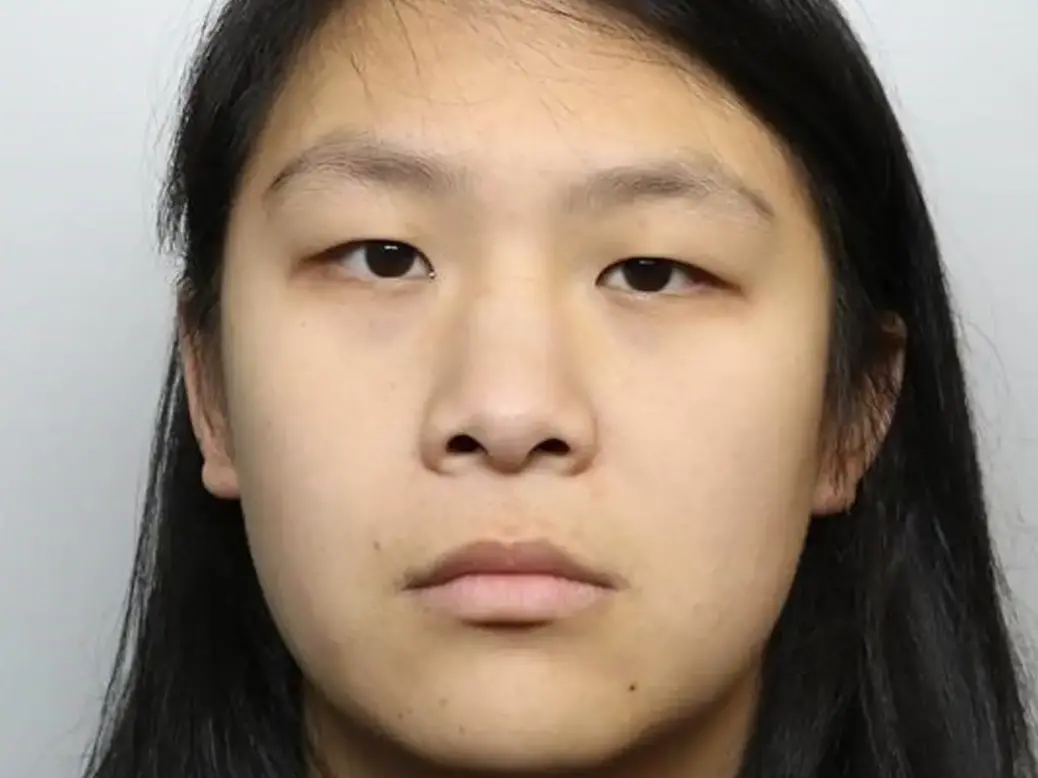
The BBC has determined it was a breach of its accuracy rules not to tell audiences that murderer Scarlet Blake was a trans woman in its initial reporting of her conviction and sentencing.
The broadcaster faced some criticism in February for describing her as a woman and using she/her pronouns. However Blake transitioned her gender identity in childhood.
The BBC received complaints regarding an article on the Oxford page of the BBC News website on 23 February about Blake being found guilty of murder and the BBC News programme at 1pm on 26 February, the day she was sentenced.
Most subsequent reports did refer to Blake’s gender identity.
The BBC’s Executive Complaints Unit “considered that the omission of such information in the two instances specified by complainants, in a context where it had become material to an understanding of the case, amounted to a breach of the BBC’s standards of accuracy”.
The ECU said Blake’s trans status appeared to have become known to the BBC and other media when it was introduced by the defence on 19 February – four days before the first report in question.
It had not been referenced by police in a pre-trial briefing, was not part of the prosecution case, and Blake was referred to as a woman throughout the court proceedings.
“There was therefore no question of referring to sex recorded at birth or using anything other than she/her pronouns until gender identity was introduced by the defence on 19 February, on the basis that Blake claimed her experience of coming out as transgender and her parents’ adverse reaction to it accounted for much of her subsequent behaviour,” the ECU told complainants.
The complaints were quickly resolved, the ECU said, with an addition to the online article within an hour of publication and a post on the BBC complaints website about the TV bulletin – meaning it did not make a formal finding of “upheld”.
JK Rowling, who has long faced backlash for her comments about trans people, was one of the critics arguing the media should not have referred to Blake as a woman. In reference to a Sky News bulletin about Blake’s sentencing, Rowling wrote: “I’m so sick of this shit. This is not a woman. These are #NotOurCrimes.”
The BBC News style guide states its journalists should “generally use the term and pronoun preferred by the person in question, unless there are editorial reasons not to do so”.
Guidance on writing about sex and gender identity from press regulator IPSO, which does not regulate the BBC, says journalists “should be aware of self-identification” when reporting on court proceedings featuring trans people.
IPSO says editors should consider the way the defendant is identified in court, including the name and pronouns used by court officials and witnesses, any guidance provided by the court about their gender identity, whether the individual’s gender identity is relevant to the allegations being heard, and their gender identity at the time of the alleged offence.
BBC says using chosen gender identity is most impartial option
A “small number” of complainants also claimed the BBC’s decision to use Blake’s chosen gender identity was “evidence of a lack of due impartiality in a controversial area”.
The ECU said the opposite is the case: refusing to use a trans person’s chosen pronouns would mean taking sides in the debate.
“The BBC recognises there is controversy over the distinction between sex and gender,” the ECU finding said. “People who experience a difference between the sex registered on their birth certificate and their gender identity may describe themselves as transgender. Some others may take the view that gender is entailed in what is often referred to as biological sex, and cannot be changed.
“Against this background, a simple refusal to use the terms in which people who regard themselves as transgender describe themselves would in effect be an endorsement of one viewpoint in this controversy, and the ECU considers impartiality is best served by the BBC’s policy of using language and terminology which is clear and appropriate to the context, taking account of the subject and nature of the content.”
A small number of the complainants also argued the phrase “trans woman” was “materially misleading” because it is either not understood or misunderstood by many members of the public but the ECU said it is “widely used in public discourse and by relevant authorities”.
In February the BBC’s ECU upheld an impartiality complaint against Today presenter Justin Webb after he said “trans women, in other words males”.
Email pged@pressgazette.co.uk to point out mistakes, provide story tips or send in a letter for publication on our "Letters Page" blog
